With Donald Trump heading back into the White House early next year, it's not yet clear how the president-elect plans to come through on his pledges to end the war in Ukraine in a day, nor how the Kremlin will react.
One early obstacle for any potential agreement would be Ukraine's continued presence in Russia's Kursk region, where it made significant inroads after launching a surprise cross-border operation in August 2024.
Returning that Kyiv-controlled territory has since been described as a top priority for Russian President Vladimir Putin, even as his initial October deadline to regain full control has not been met.
Trump has repeatedly said he would put a stop to the more than two and a half years of war in Ukraine "within 24 hours," should he be reinstalled in the White House, but he has not divulged how he hopes to achieve an end to the largest land war in Europe since World War II.
"I have a very exacting plan on how to stop Ukraine and Russia," the president-elect said in September. "I can't give you those plans because if I give you those plans, I'm not going to be able to use them."
But Trump has not himself decided on a course of action, including how to get Ukrainian President Volodymyr Zelensky and Russian leader Putin to negotiate, the Wall Street Journal reported on Wednesday, citing allies of the soon-to-be 47th president.
"Anyone—no matter how senior in Trump's circle—who claims to have a different view or more detailed window into his plans on Ukraine simply doesn't know what he or she is talking about or doesn't understand that he makes his own calls on national-security issues, many times in the moment, particularly on an issue as central as this," a former Trump National Security Council aide told the Journal.

Kremlin spokesperson Dmitry Peskov told Reuters in June that Moscow did "not know what kind of plan we are talking about, or what is set out in it," in reference to how a future Trump administration would end the war.
Peskov said on Wednesday that Putin is "open to a constructive dialogue."
"But today, the U.S. administration holds a contrary position. Let's wait and see what happens in January," Peskov told reporters.
Trump has hailed his "very good relationship" with the Russian president, while also insisting he enjoys good communication with Ukraine's leader Zelensky.
But anxieties have been high for Kyiv and many of Ukraine's backers ahead of the election, fearing what Trump's return to power may mean for Ukrainian forces at a moment in the war when they are steadily losing ground to Russia in the east.
Kyiv is heavily reliant on its supporters for military supplies. Trump has said he would end military aid to Ukraine if re-elected.
"Trump has one quality that is useful for us: as a businessman to the core, he mortally dislikes spending money on various hangers-on and freeloaders—on idiotic allies, on bad charity projects and on gluttonous international organizations," former Russian president and still-prominent political figure, Dmitry Medvedev, said in a post to messaging app Telegram on Wednesday.
"Trump has kept on saying he could solve the issue in one day," said former NATO official Edward Hunter Christie. "No one believes that's possible—that's rhetoric," he told Newsweek. But there is a fear that Trump could make a deal with Putin that puts Ukraine and its other allies in "huge difficulty," he added.
In part of Trump's "peace plan" in addition to pushing for a ceasefire, his advisors have "uniformly recommend freezing the war in place" which would halt all conflict along the current front lines and have significant ramifications for both Russia and Ukraine.
By freezing the conflict, Russia would be allowed to retain the territory it has currently seized, around 20 percent of Ukraine, and Ukraine would have to abandon its efforts to join NATO, a key component of Zelensky's "victory plan."
But under that logic, Ukraine would retain parts of Kursk by freezing conflict along the current demarcation, which it seized approximately 500 miles of in August in a surprise incursion and has fought with Russia over the territory since.
Russia deployed 50,000 troops to the region in early October, and recently deployed between 8,000 to 12,000 North Korean soldiers to the frontlines.
It's unclear whether Zelensky and Putin will agree to this, as the concessions of land would seemingly undermine the reason the war began in February 2022.
Halting conflict on the frontlines also falls into another portion of Trump's peace plan, which involves the creation of an 800-mile demilitarized zone, which both countries must agree to, but a member of Trump's team said American troops would not police.
Regarding the demilitarized zone, Trump's team member said, "We can do training and other support but the barrel of the gun is going to be European. We are not sending American men and women to uphold peace in Ukraine. And we are not paying for it. Get the Poles, Germans, British, and French to do it."
Political scientist and podcaster Ian Bremmer spoke about Trump's reelection and how his appointment will affect the Russia-Ukraine war, particularly benefitting Russia, on his podcast Stay Tuned with Preet.
He said, "Putin, of course, really wanted Trump to win. He did the most in favor of Trump illegally, illicitly, to try to interfere with the U.S. election as we saw including those bomb threats that were called in yesterday. Fortunately, it didn't actually impact the outcome, but if you're Putin, this has been a fantastic few weeks for you."
Bremmer continued, "You're gaining territory on the ground in Ukraine, you've got the North Koreans sending you thousands of troops in addition to all of the munitions and ordnance that you're fighting with. Now, Trump, who says he wants to end the war, and 'end the war in a day' which means the territory you've taken you can keep taking, that you can keep, and that the Americans have spent way too much money on Ukraine, this is all music to Putin's ears."
Yuri Urbanovich, an associate professor emeritus on the general faculty at the University of Virginia, called Kursk a "bargaining chip" when speaking to UVA Today, and said, "With Ukraine's incursion into Russia's territory, Ukraine can use the occupied territories as a bargaining chip for a territorial swap—'We will return Kursk and you should give us back Crimea and Donetsk.'"
If Kyiv indeed intends to use Kursk as a bargaining chip, that would apparently undermine at least a part of the alleged Trump peace plan, with both sides having stated in the past that territorial concessions would be a non-starter in negotiations.
Russia has said it will not enter into peace talks until Ukraine pulls back its troops from territory now under Moscow's control, including Crimea and the Donbas region made up of Donetsk and Luhansk, as well as swathes of southeastern Ukraine.
Russia has controlled Crimea for a decade, but does not exert full control over any of the regions it annexed in mainland Ukraine. Moscow's claim on these territories is not widely internationally recognized.
Putin has also said Western sanctions against Russia would need to end, and Ukraine would have to abandon its bid for NATO membership before peace talks could get going. The demands were dismissed by Ukraine, the U.S. and by NATO, and it is not clear how such a condition could be enforced on Ukraine's other allies, even if Trump were to scale back the sanctions.
Kyiv is adamant it needs to join NATO as soon as possible. The alliance has said Ukraine will join, but this is unlikely to come before the war ends.
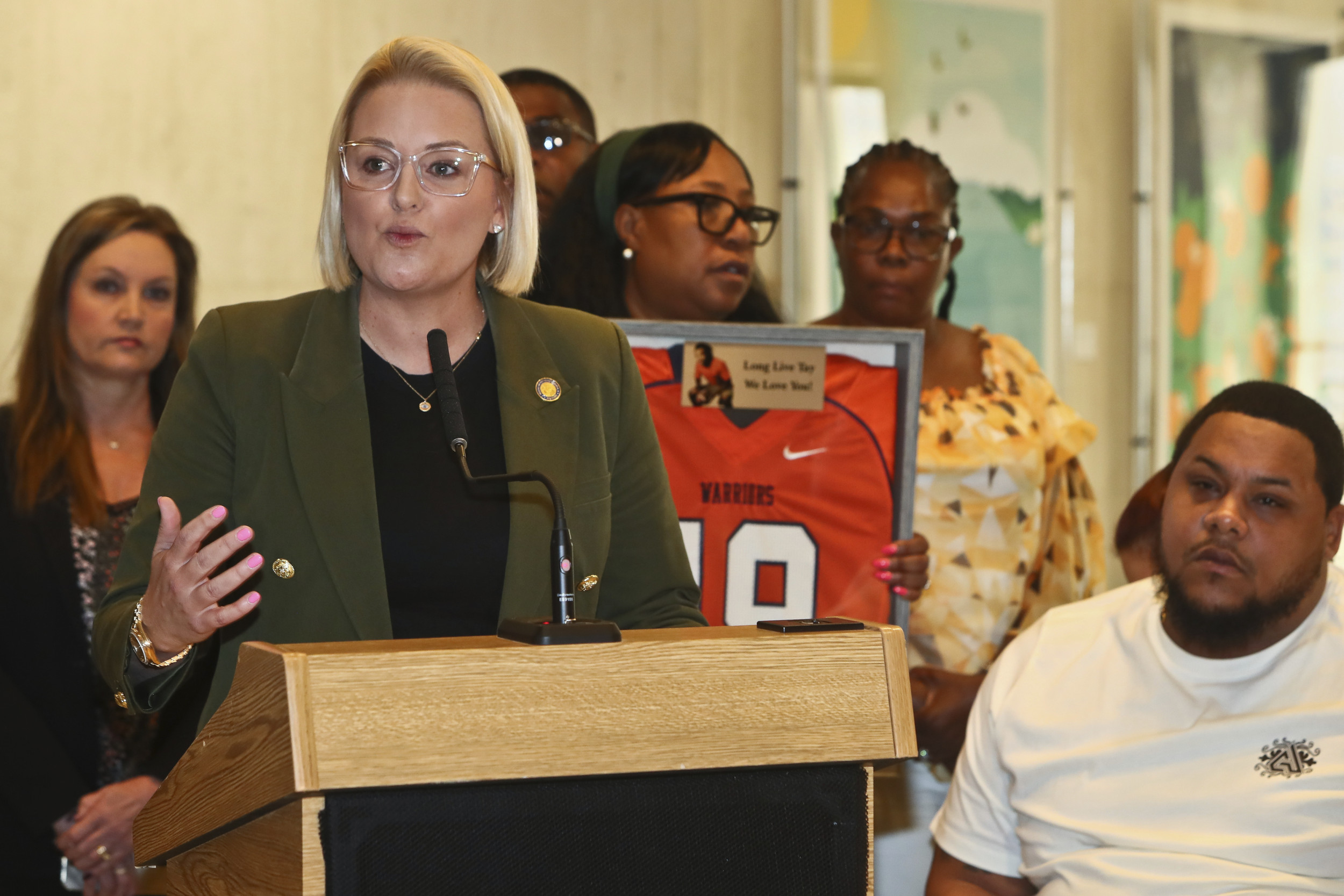
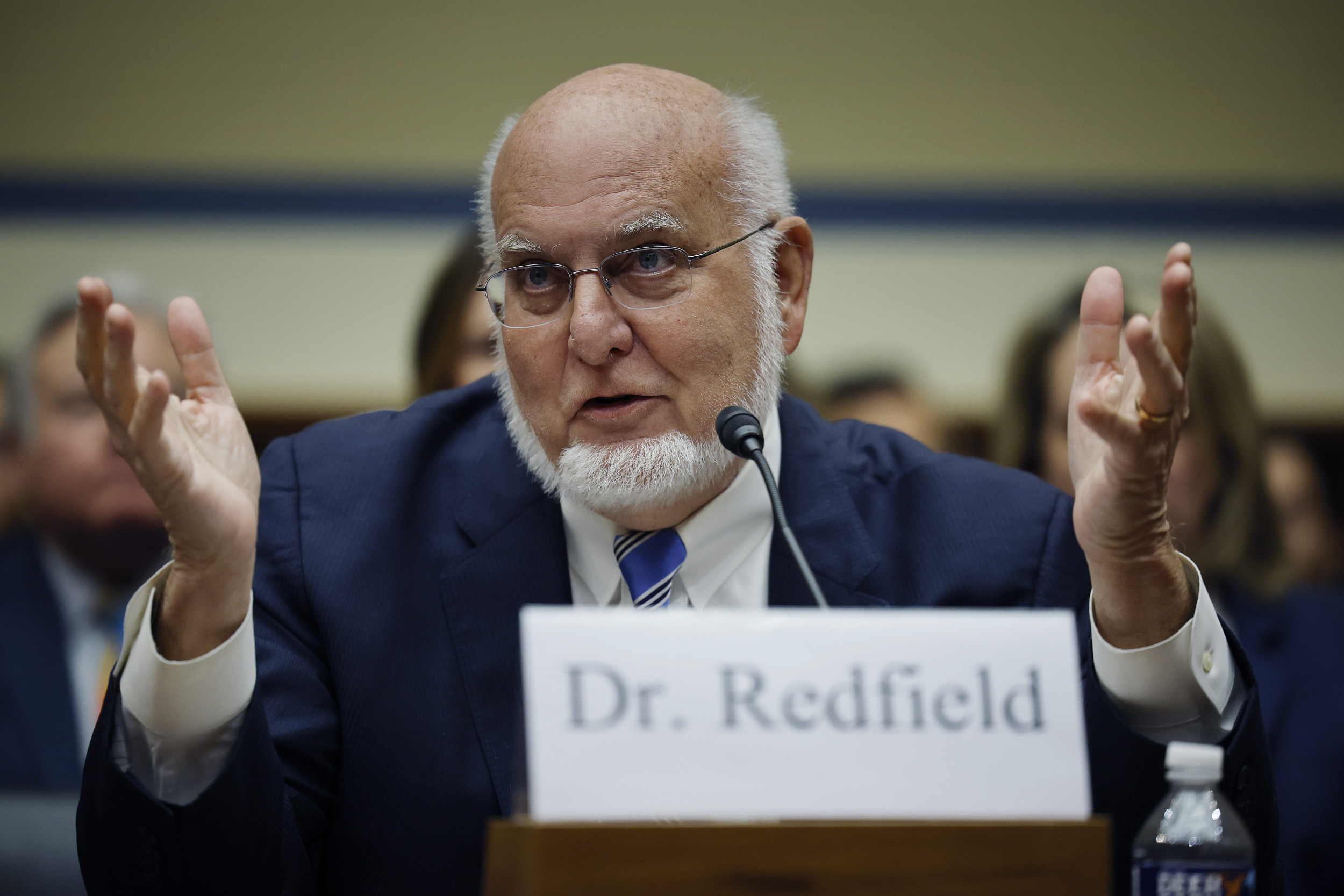


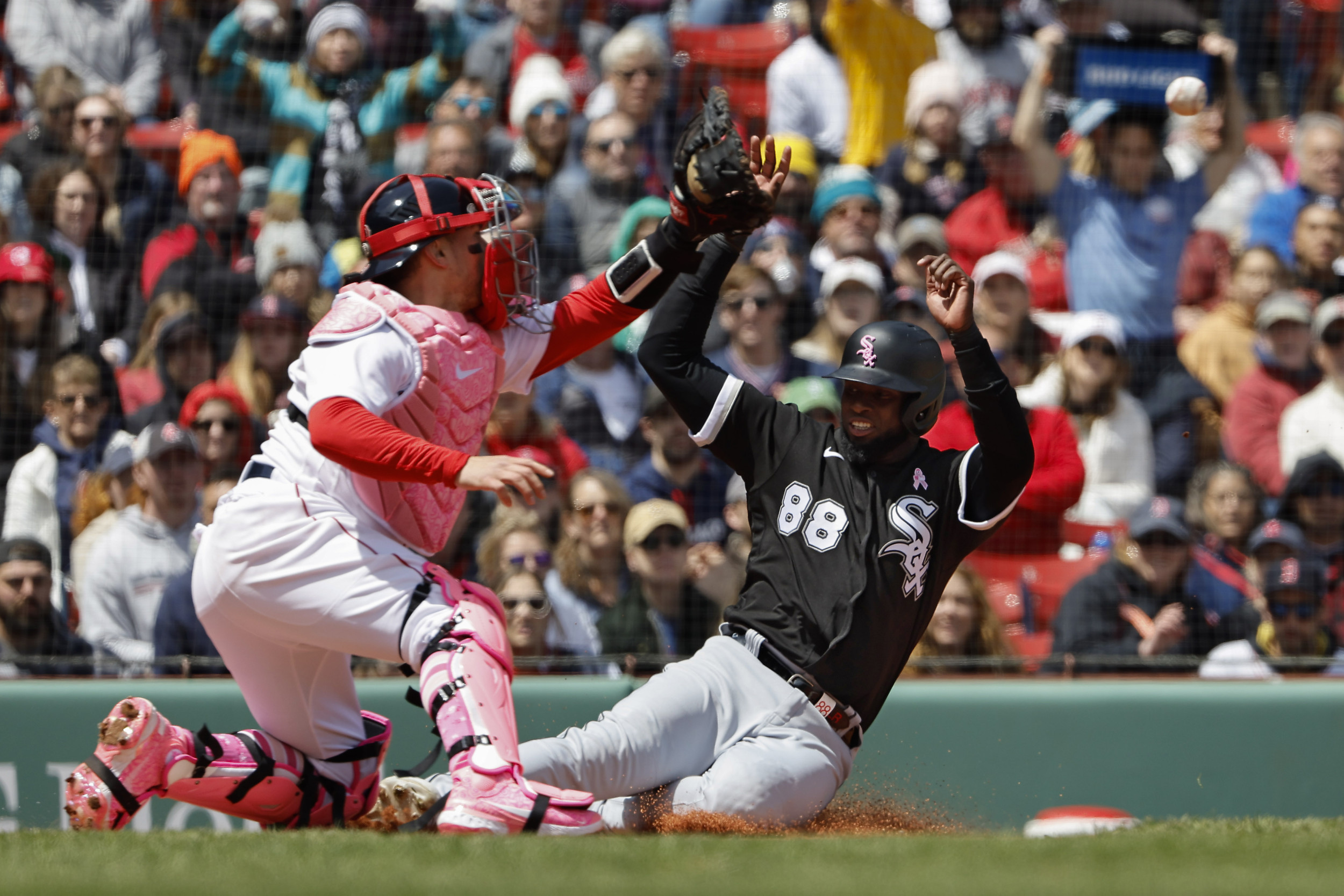
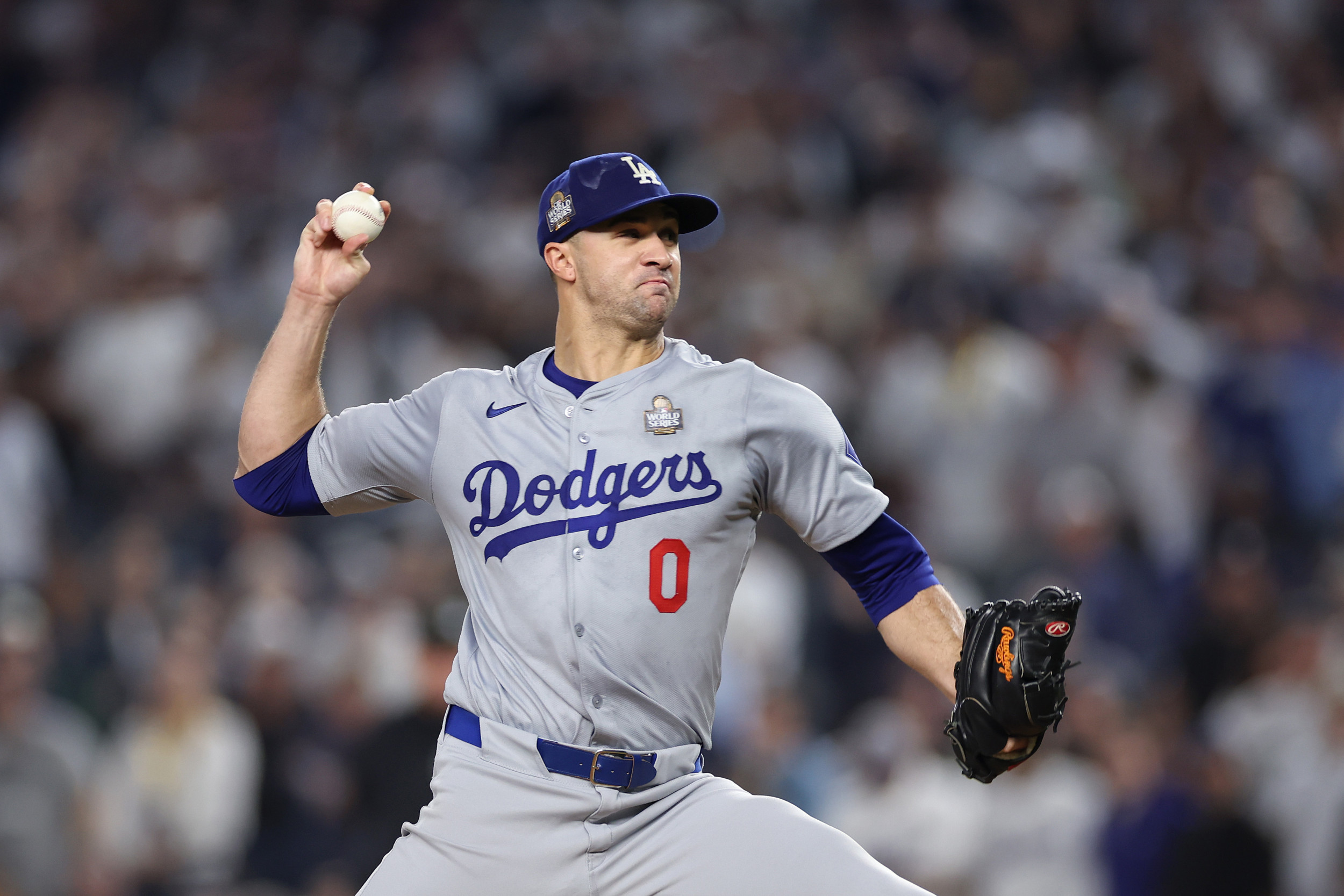
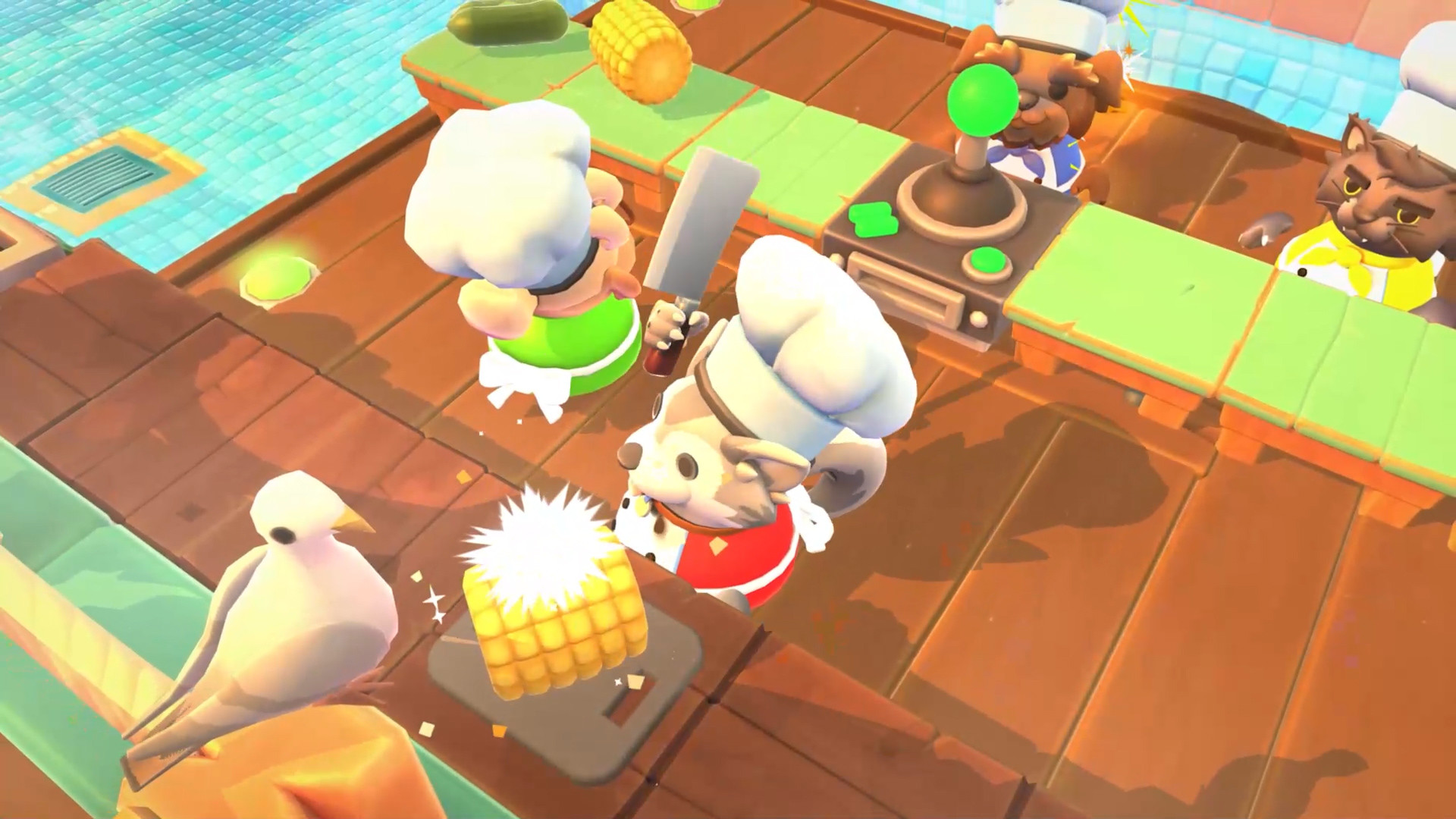
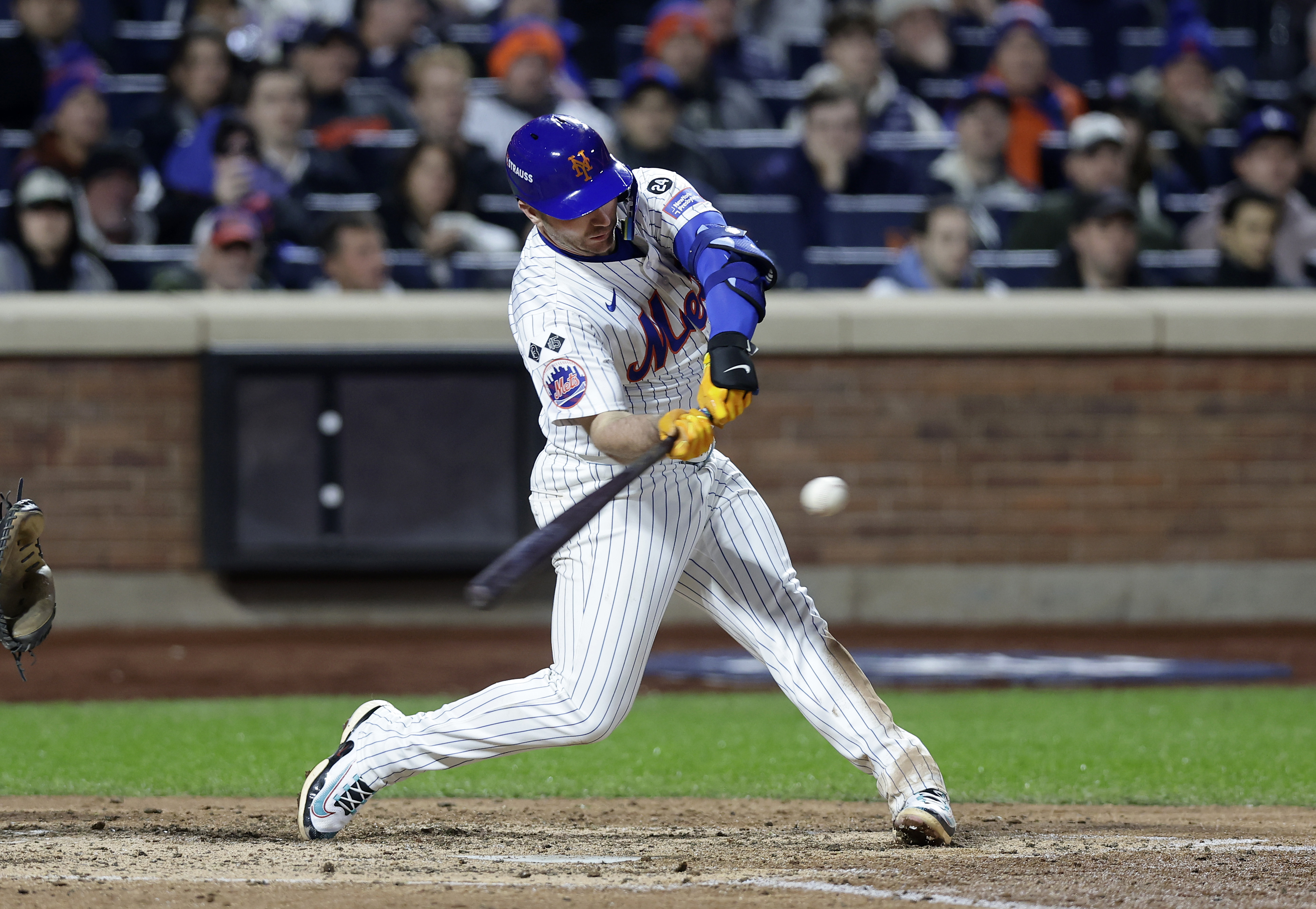
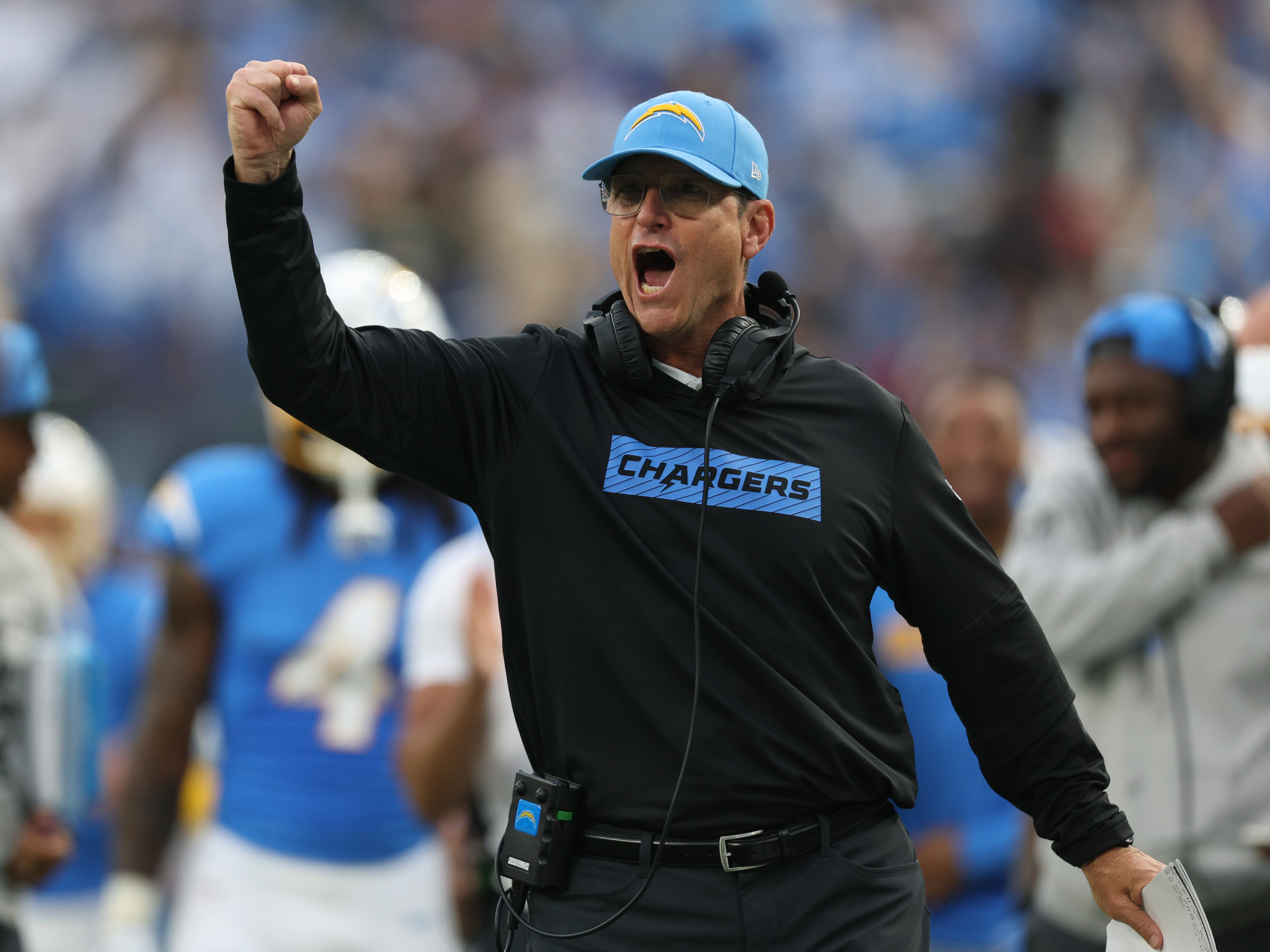
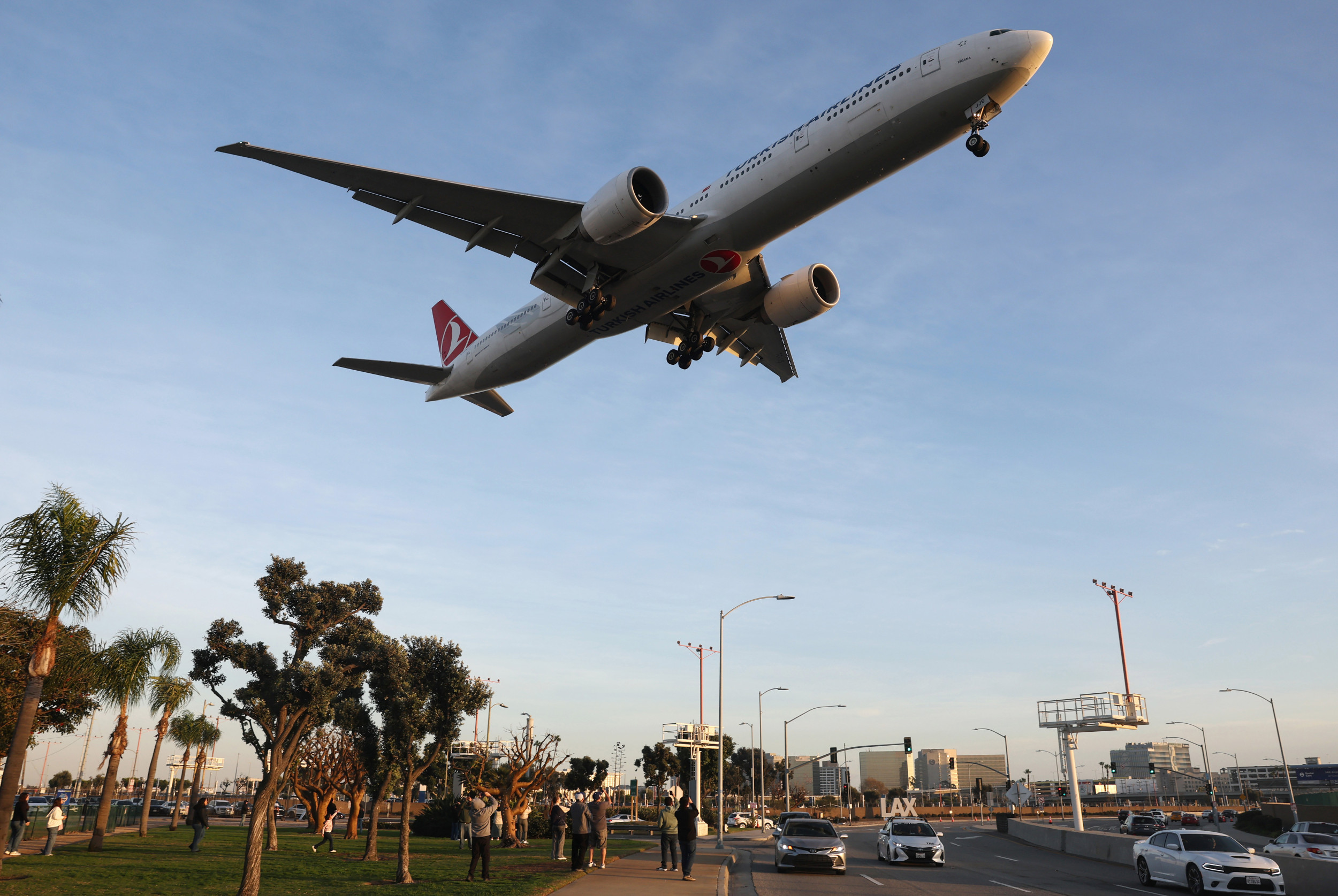










 English (US) ·
English (US) ·